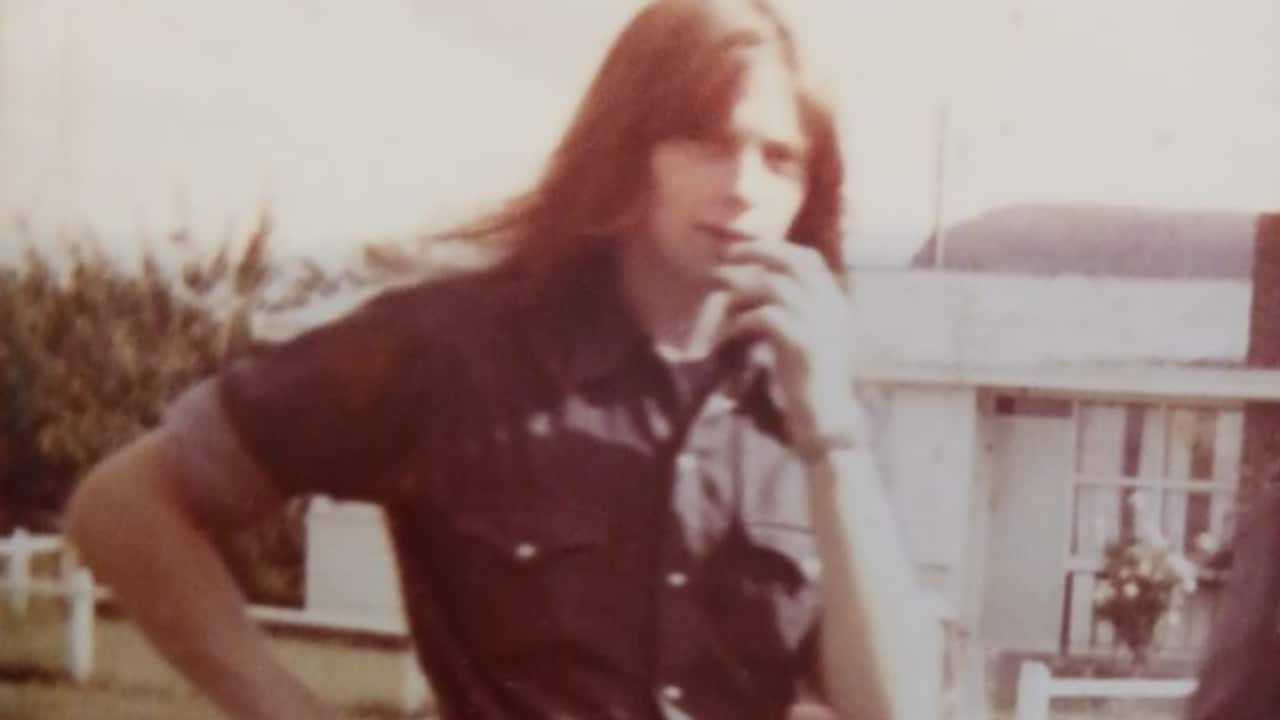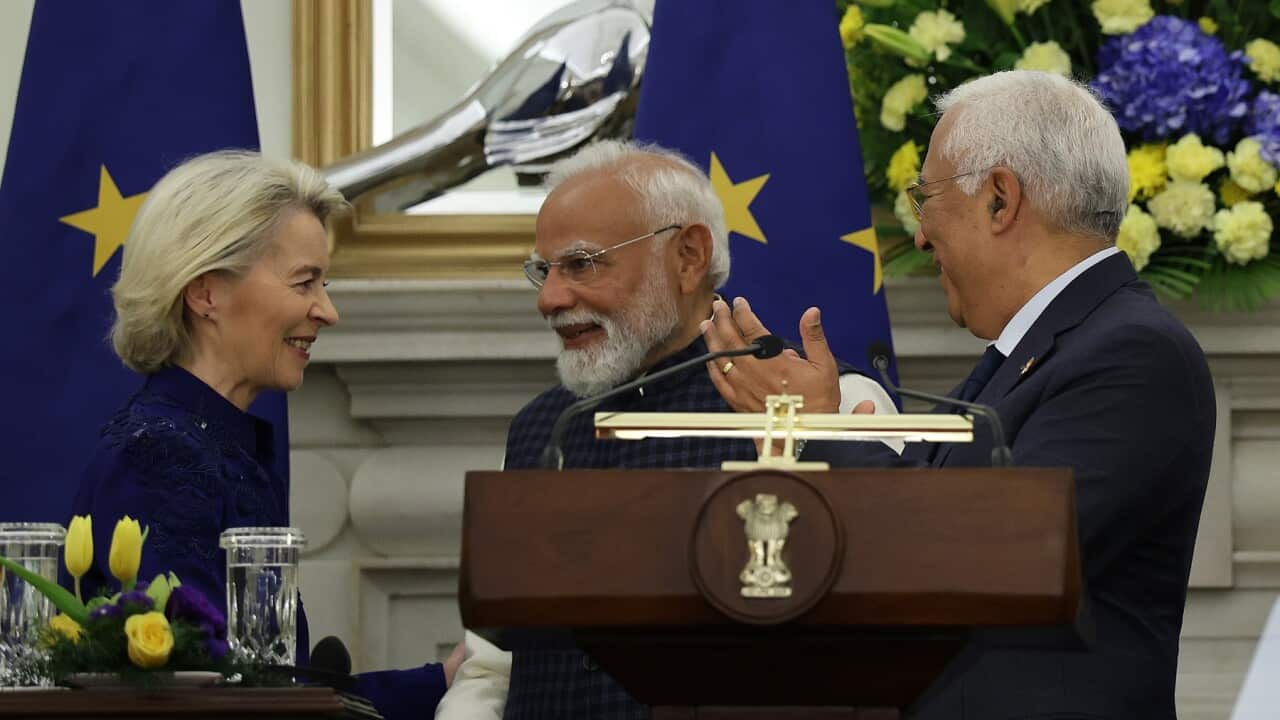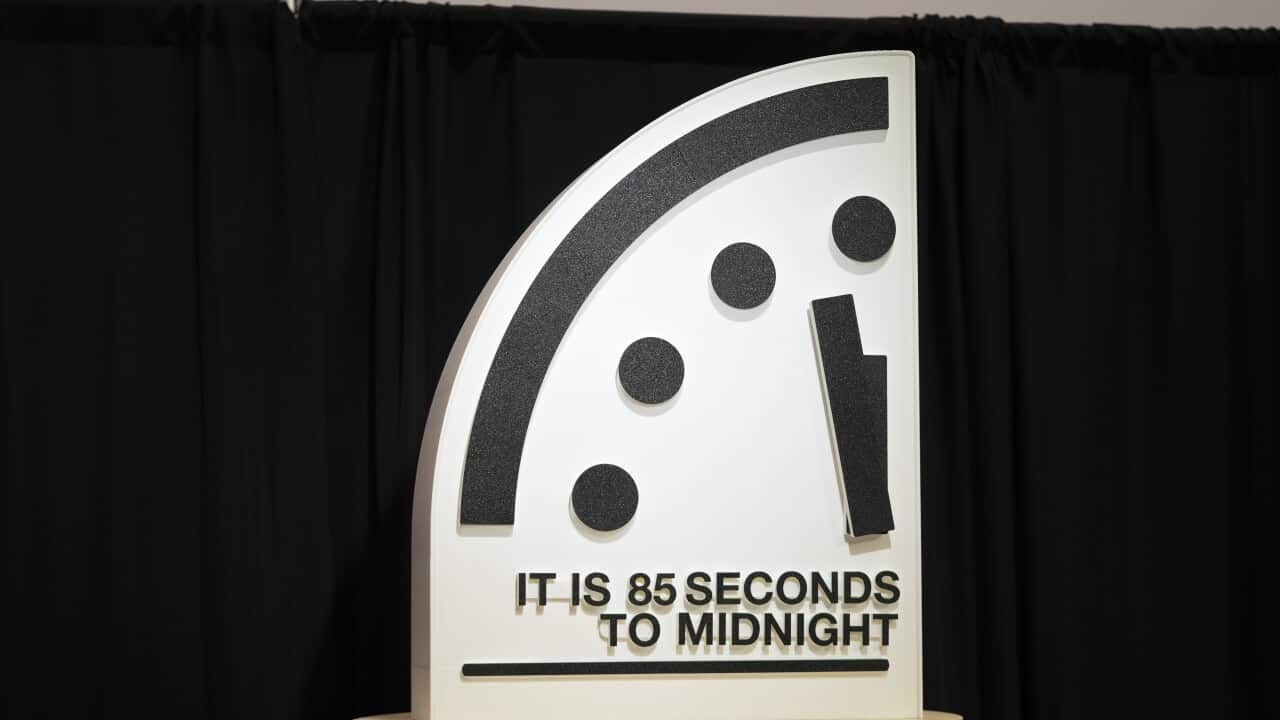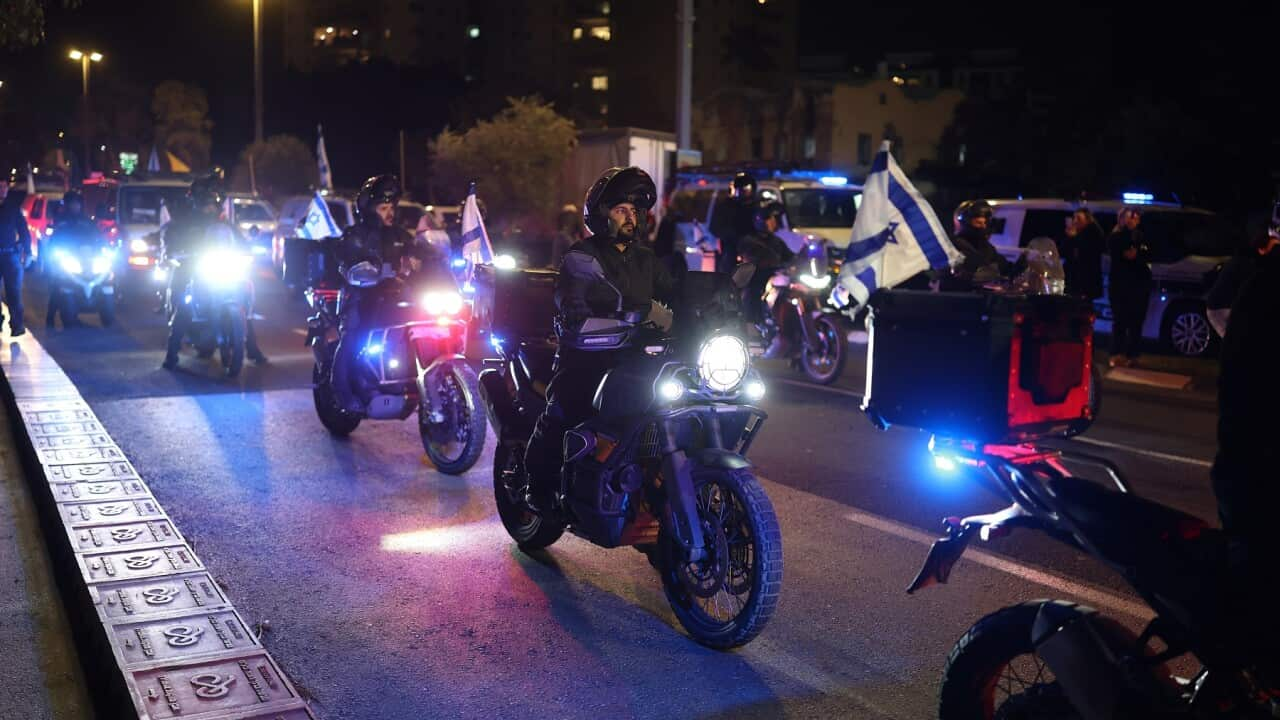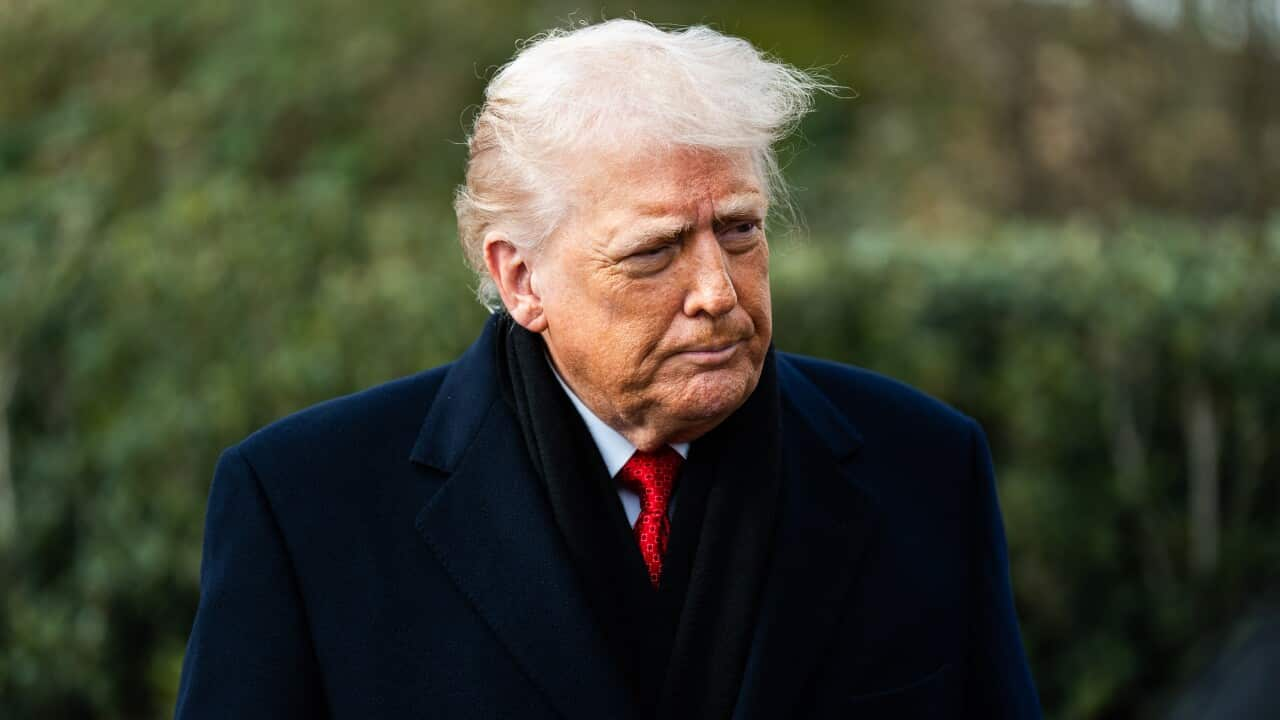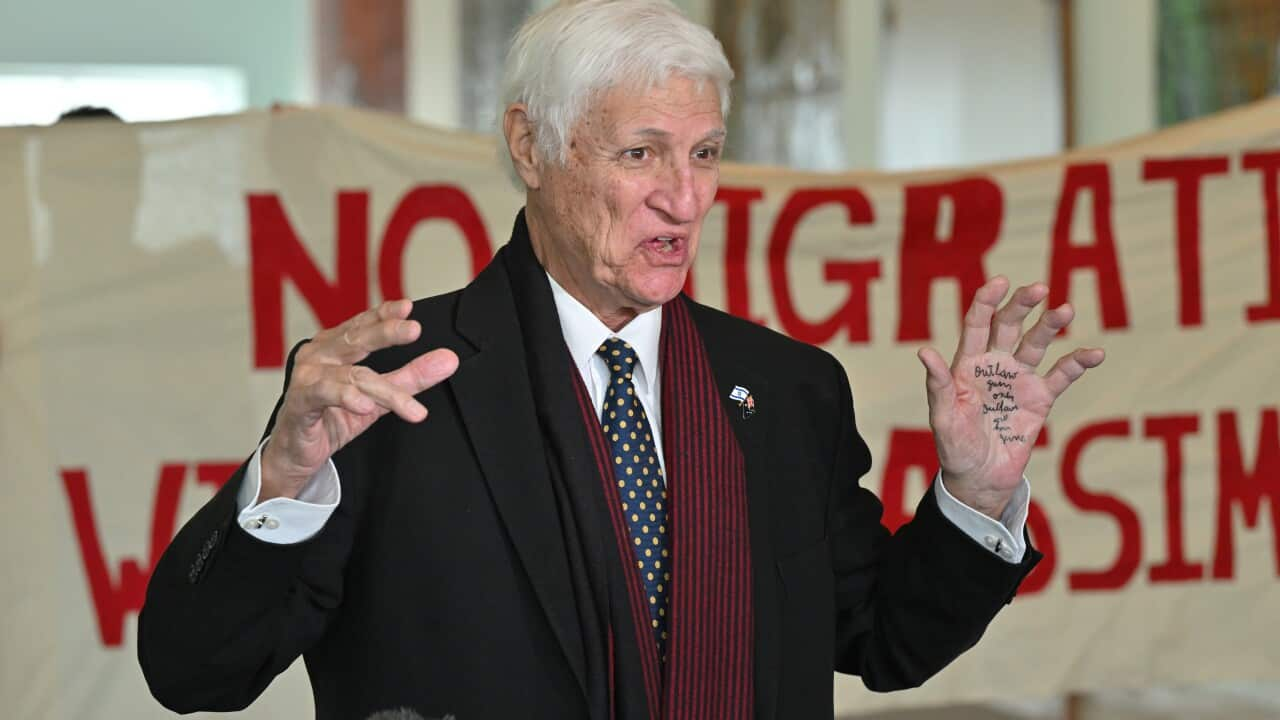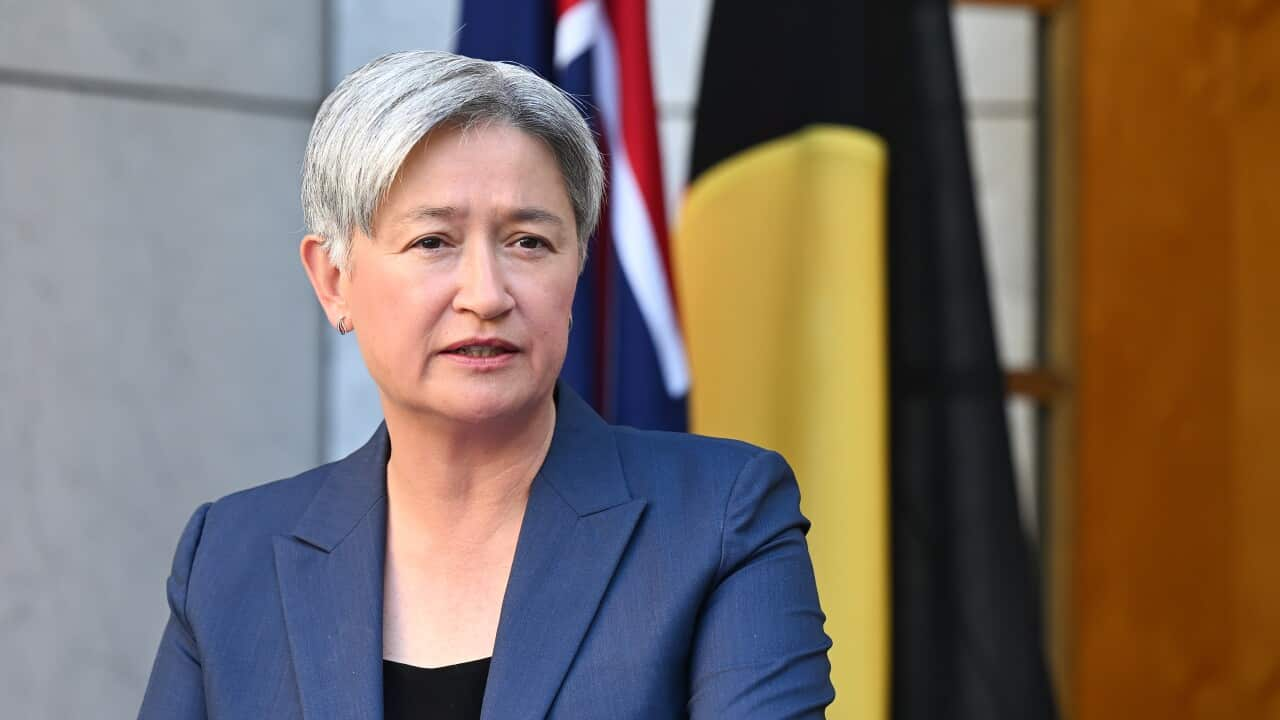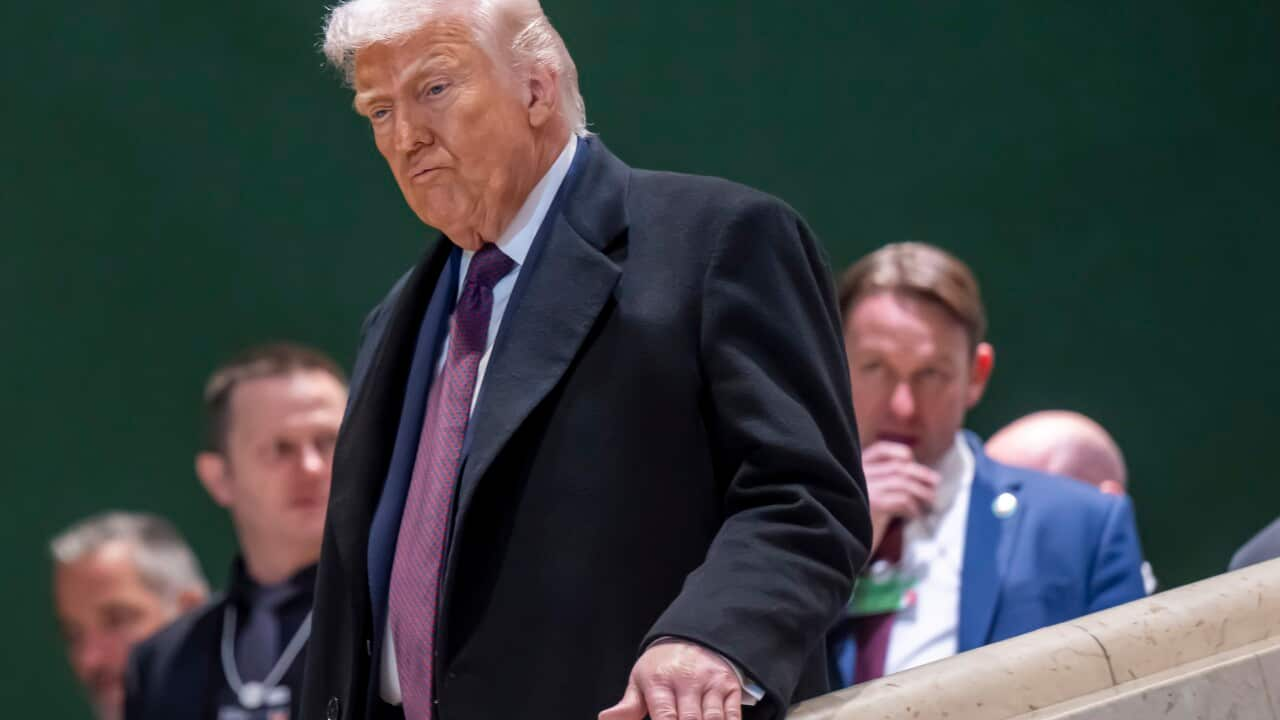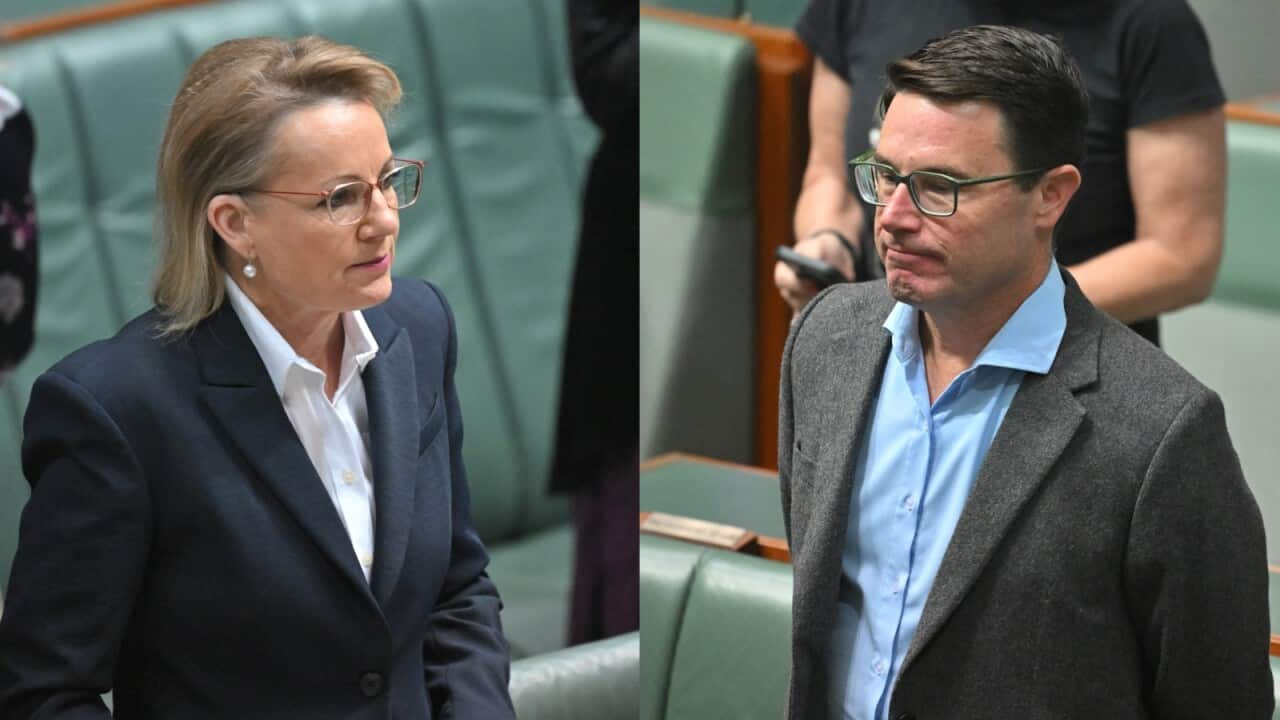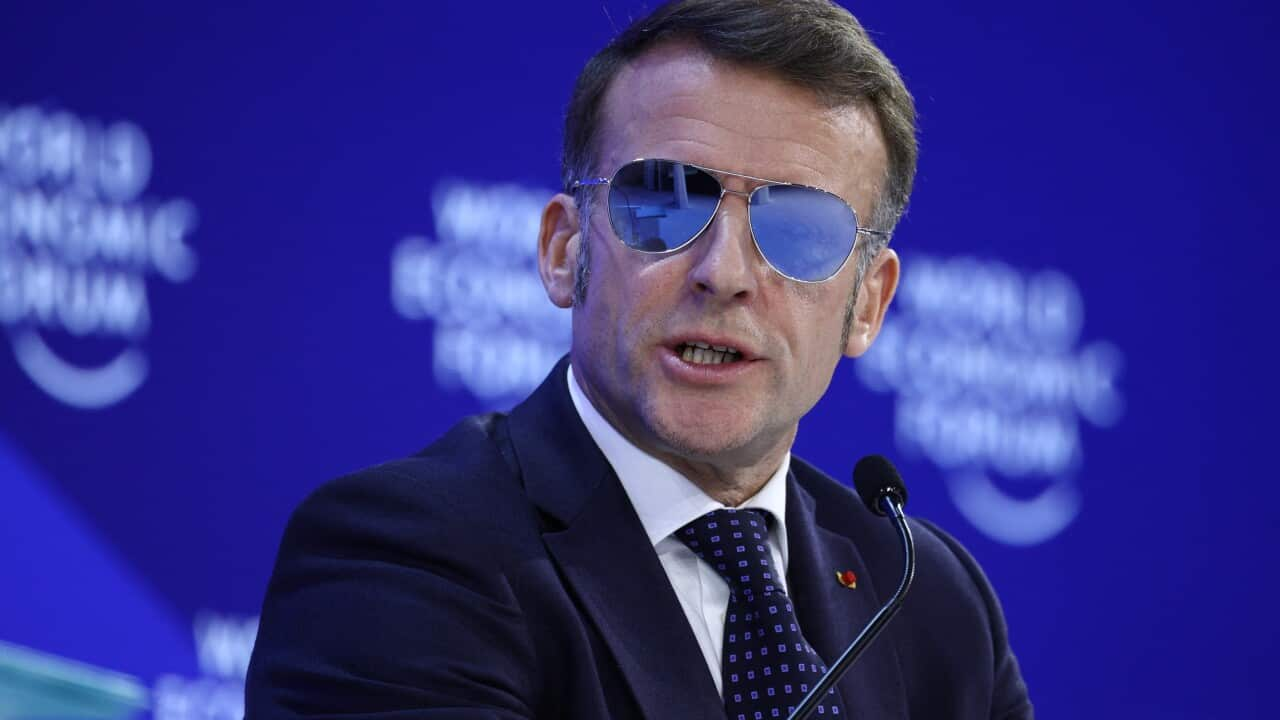Listen to Australian and world news, and follow trending topics with SBS News Podcasts.
TRANSCRIPT
"The good memory was that he was my best friend. Not only a brother, he was my best friend when he died. I was only 13 when he died but he used to be more a confidant and I would go everywhere with him."
Memories of a much-loved brother.
"We had some good times, even though I was so young. We used to go tenpin bowling, to the movies and that together. Even with his girlfriend he would take me along."
Decades later the pain is still raw for John Santi.
"Because he was only 19 when he died...yeah, I miss him so much."
John's brother Tony Santi died in a motorcycle accident in Tasmania in the 1970s.
But raw grief has come up again this year for John and his family.
That's when they found out his brother's brain had been removed without consent at an autopsy after his death, and kept as part of a collection at the Rodda Museum at the University of Tasmania.
"One of the hardest parts is having to rebury him, so he's been burried twice. After 50 years I had to rebury his body part. That happened about three weeks ago. We went and laid that to rest with him. That's something we should never have had to do."
John Santi's brother wasn't the only person treated in this way.
A Tasmanian coronial investigation recently released its final report, confirming 177 samples had been kept by the museum without permission.
The report stated that human specimens were collected, and in some cases publicly displayed, by the University of Tasmania for decades without the knowledge or consent of families.
The museum collected the remains from coronial autopsies from 1966 to 1991 for teaching and research purposes.
Meg Webb is the Independent Member for Nelson in Tasmania.
She says her office has been contacted by a number of Tasmanian families affected by this situation.
"They've been re-traumatised because often the circumstances of their loved ones death was very traumatic and unpleasant in the first place and this has bought all that back to them. Then to have to go through a formal process of perhaps identifying that they are the correct relatives and then also having to make arrangements of what's going to happen with their loved ones remains, has been really gruelling. I really feel for those Tasmanian families and I don't think we've arrived at the end of the process yet because I don't think we've achieved appropriate accountability for how and why this happened."
The investigation, led by coroner Simon Cooper, found the handling of the remains was not in accordance with national standards, which he said were set up in 2002 but not acted upon by the Tasmanian government.
It appeared previous coroners were unaware the specimens had been distributed to the museum, coroner Simon Cooper said.
He added that the belated discovery that human remains were removed at autopsy and not returned to the body had been a source of pain and anger for many families.
It appeared one now-deceased forensic pathologist, Dr Royal Cummings, provided most of the specimens to the museum, with some of his predecessors and successors also engaged in the practice.
In the conclusion of his report Coroner Cooper said:
"The retention of human remains without family or coronial approval, or even knowledge, is an historic practice out of keeping with, and offensive to, contemporary standards and values. It is inconceivable to my mind that it would ever happen again although the fact that the practice continued for as long as it did and ended only comparatively recently is also almost equally inconceivable."
Ms Webb says she has written to the Tasmanian Attorney General asking for two specific things.
"One is a state apology to the Tasmanian families that have been impacted by this situation, and also a commitment to continue an investigation into any breach of law that occurred during this process, so that we can know about any individuals or institutions that need to be held accountable for breaking the law here. I think that that's something that the families affected deserve to know and would provide appropriate closure to this situation."
The remains in question were removed from public display in 2018.
The coroner's office had spent years reconciling records to determine their origin.
In January, the names of 126 people whose specimens had been identified were published online and family members urged to come forward.
The coroner said 100 specimens had been identified and disposed of in line with the wishes of families.
Dr Sally Wasef is a forensic research fellow in Paleogenetics at the Queensland University of Technology.
She says institutions now need ethical clearance and clear permission to obtain human remains, but this hasn't always been the case.
"I think it was common practice in the olden days that people would think that they can keep some of the remains because they are either colonial or unidentified. That would give them the rights to keep them for research on scientific purposes. I think they can justify to themselves that you know they are benefiting the community and they're not doing any harm basically and allowing medical students or other researchers to have a go to advance a cure, or look more into diseases or cause of death. Even if it's good intentions, it's not the right way of doing things, it's unethical."
Dr Wasef says there are now clear national standards introduced in 2001 about how human remains can be obtained for medical research.
"Most of the universities now have what is called body farms which is basically a specific location inside the universities where there are bodies that have been donated by the person before their death to research. And they do all of the research based on those remains that have been donated for the purpose."
Dr Wasef also works closely with Indigenous communites helping them to identify human remains that were stolen in previous decades and centuries - when such practices were widespread.
Like John Santi, Dr Wasef says the Indigenous communities affected want to see their ancestors laid to rest once and for all.
Many of those remains are still being held in museums in Australia and other parts of the world.
"Indigenous Australians believe that the remains are not going to rest if they are in the wrong country which means you have to specifically identify the right community that you return those remains to."
Dr Wasef says the unauthorised collection of human remains - whether those of close relatives or those of people who have been dead for thousands of years - is not only a legal and ethical issue.
She believes for some individuals and cultures it's also a spiritual one.
"I am originally Egyptian and it hurts me every time I see a mummy displayed because this defeats the purpose of mummification. Mummification was meant to give those people an afterlife and we take them off place and display them. That's how I feel every time I see those mummies displayed."
Closer to home, Meg Webb wants says the Coroner's report is really just a starting point for investigating further what has occurred in Australia.
"There's probably a need here for a wholesale review in every state of Australia to look at whether there are still instances where there's been inappropriate handling and storage and perhaps display of people's remains without consent and to really dig out how that's occurred and put measures in place to ensure it cannot happen again."
John Santi also wants to see more done to make sure people don't have to go through what has happened to his family.
"I'm just glad my mum and dad have passed (died) so they didn't have to go through all this"
The University of Tasmania’s Deputy Vice-Chancellor for Health Professor Graeme Zosky, has said in a statement the University is deeply sorry for the sadness and hurt felt by family members affected.
University staff had also met personally with many families seeking further information, and the university is also carefully considering the Coroner’s report to determine any further actions.
First Nations listeners seeking support can contact 13YARN on 13 92 76. Lifeline can be contacted on 13 11 14.
